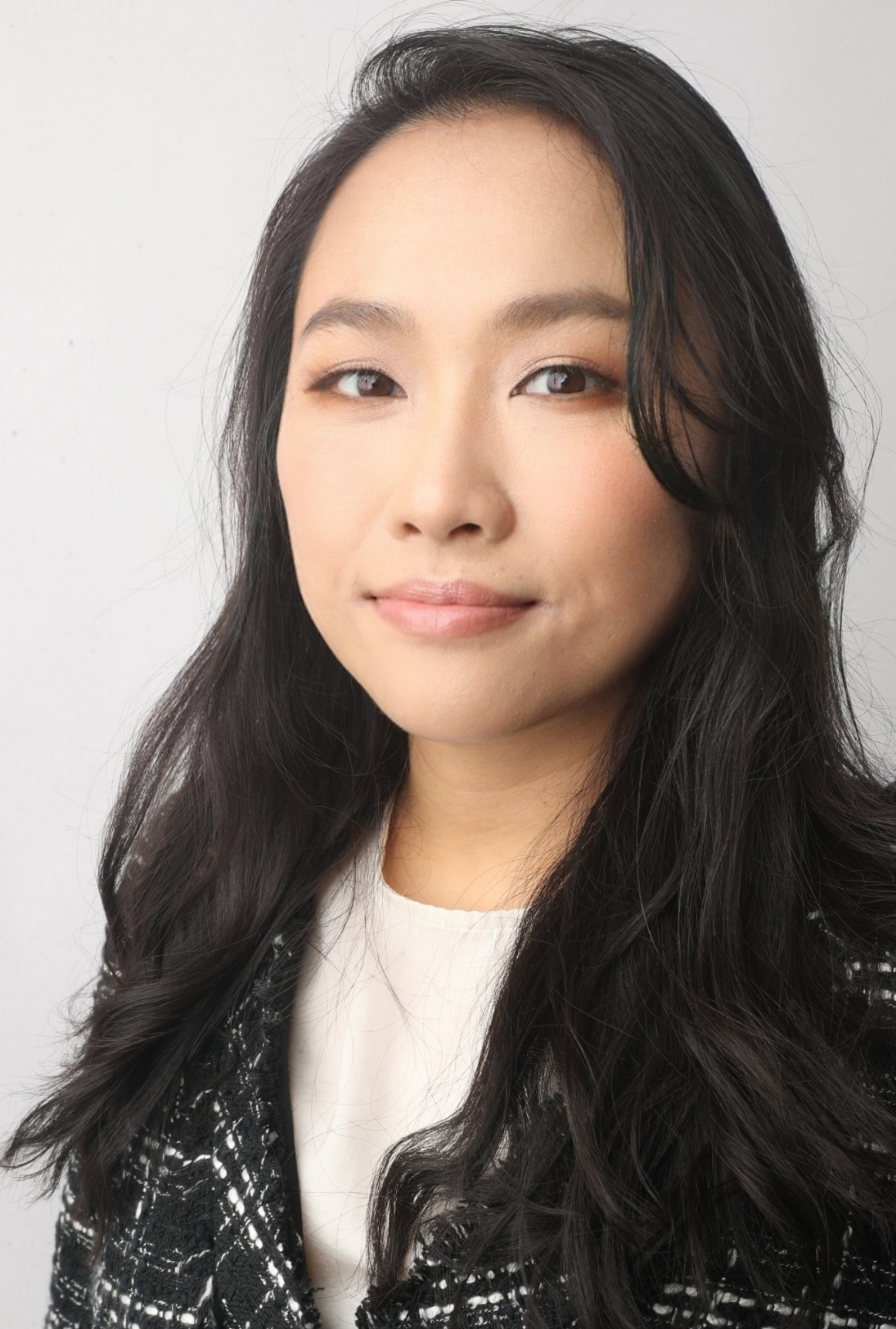Research
-
Social Problem of Creativity in the Era of Generative Artificial Intelligence: This research explores how to conceptualize and reconceptualize the problem of creativity in the age of artificial intelligence and generative Artificial Intelligence. Using Boden's three conceptions of creativity: combinational, exploratory, and transformational, the project engages in how computational creativity scholars describe, and conceptualize different AI tools.
-
Generative AI as Sociological Methodology: This research uses Generative AI as a way to understand discourses of income inequality in the United States since the 1990s. The aim is to explore public discourses around income inequality through the newly available tools such as GPT-4 API, and ChatGPT.
-
Participatory Survey Research: This project utilizes participatory survey methodology powered by Machine Learning automated anlaysis to understand how the different publics (broadly defined) engage with the idea of public humanities, and public higher education.
